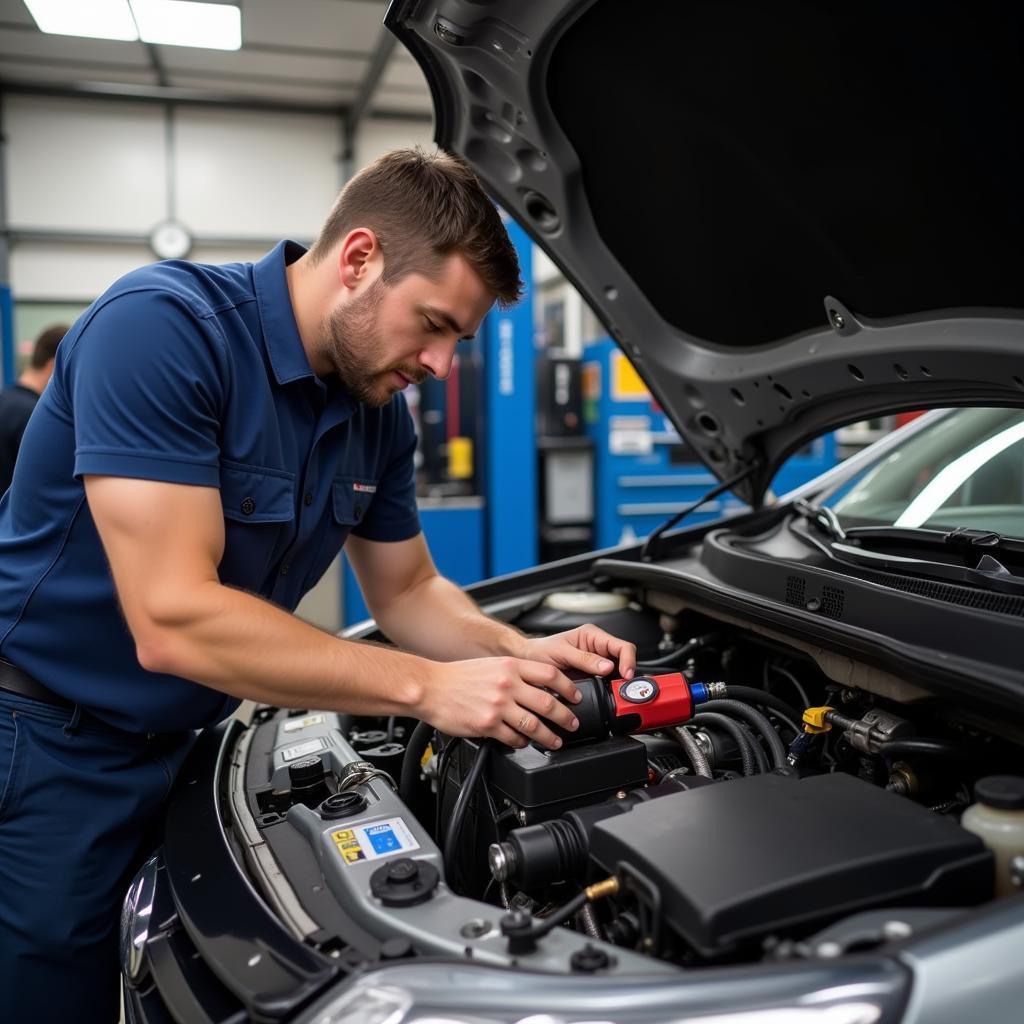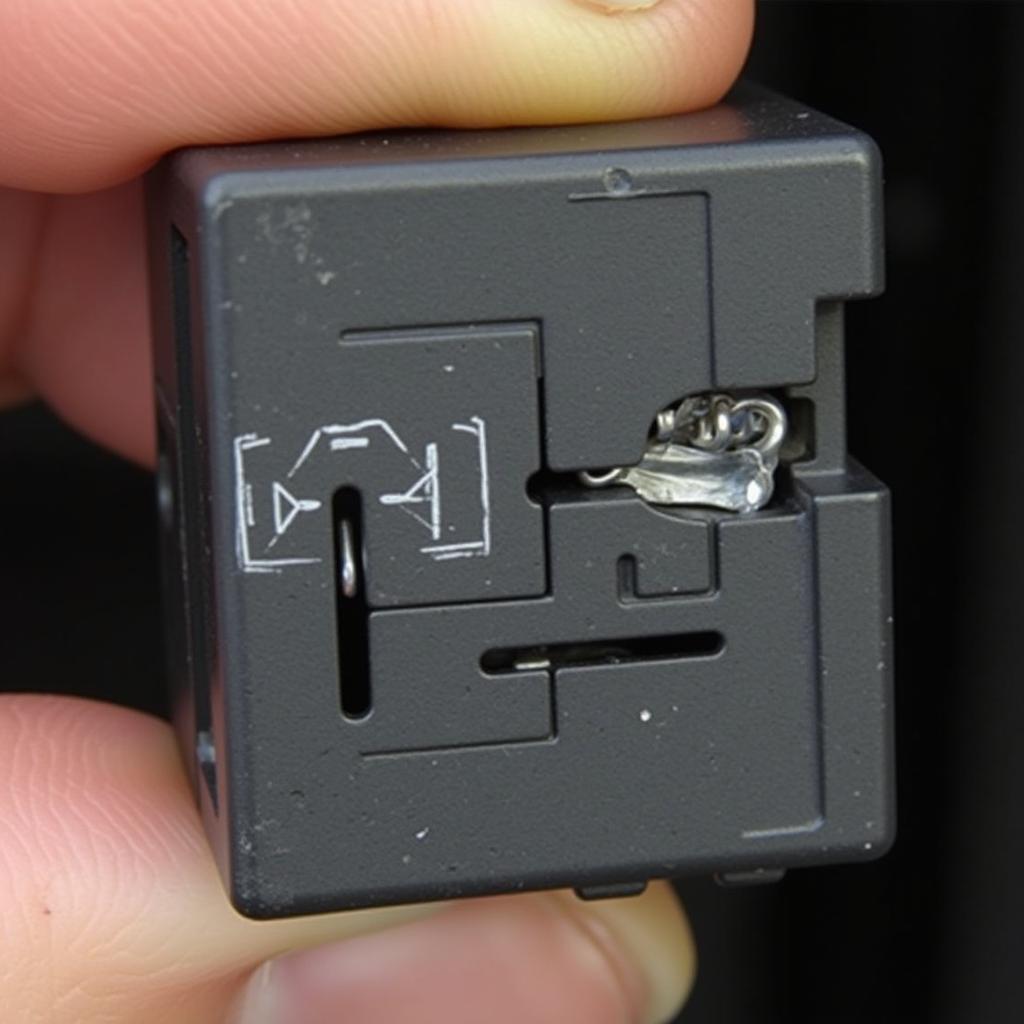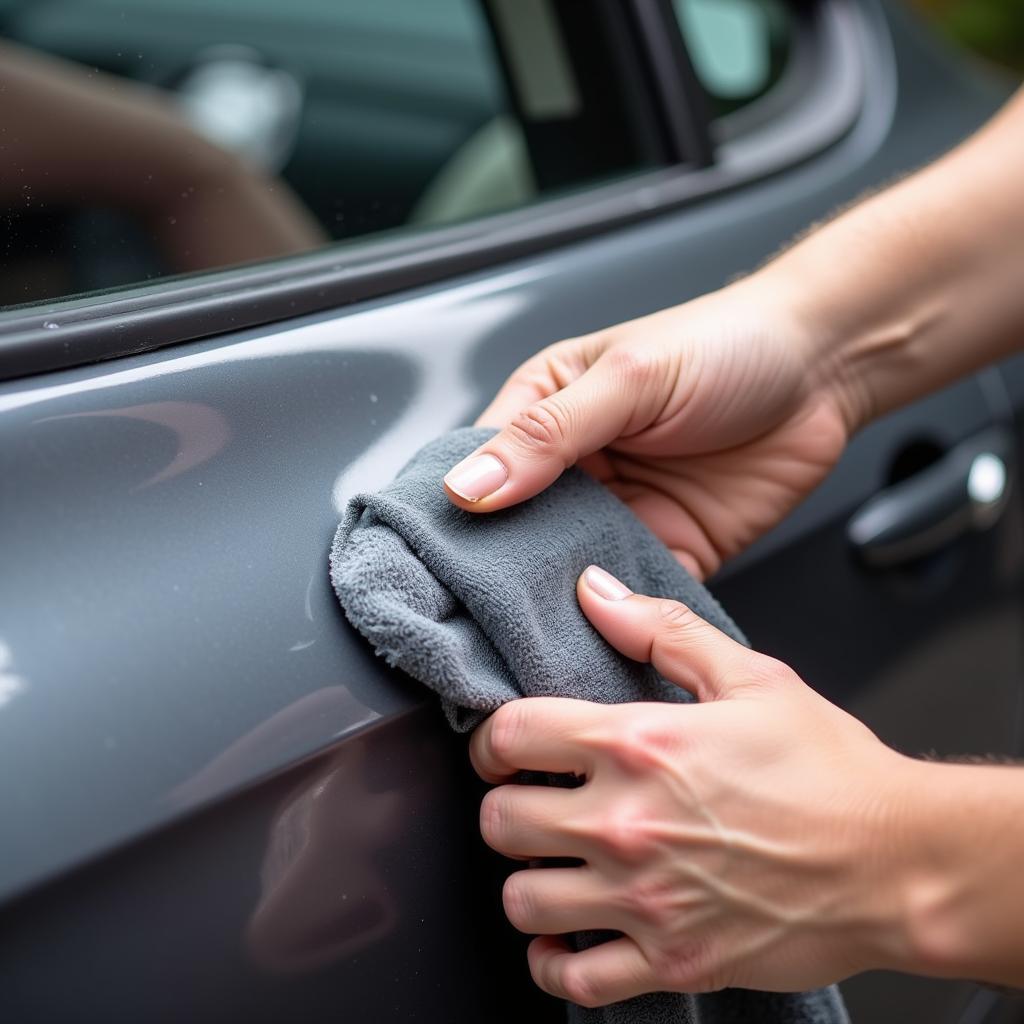If your car overheats, can just adding coolant fix the problem? While topping off coolant might seem like a quick fix, it’s crucial to understand that overheating is a symptom, not the problem itself. Simply adding coolant might temporarily mask the issue, but it won’t address the underlying cause, which could lead to more serious and costly damage down the road. Let’s dive into the complexities of car overheating and explore the right steps to take.
Understanding Why Your Car is Overheating
Overheating occurs when your engine’s cooling system can’t effectively dissipate the heat generated by combustion. Several culprits can contribute to this issue, ranging from simple leaks to more complex mechanical failures. Knowing the potential causes is the first step to determining the correct course of action. A common misconception is that low coolant is always the problem, but this is rarely the entire story. If you find yourself constantly needing to add coolant, you likely have a leak somewhere in the system. Check out this article if your car is running hot and you’re trying to figure out what could be the problem: car running hot what could be the problem.
Common Causes of Overheating
- Coolant Leaks: A leak in the radiator, hoses, water pump, or even a blown head gasket can lead to a loss of coolant, reducing the cooling system’s efficiency.
- Faulty Thermostat: A stuck closed thermostat prevents coolant from circulating properly, trapping heat in the engine.
- Malfunctioning Water Pump: The water pump is responsible for circulating coolant throughout the engine. If it fails, coolant can’t flow, leading to overheating.
- Clogged Radiator: Debris and mineral buildup can restrict coolant flow through the radiator, reducing its ability to dissipate heat.
- Broken Fan: The fan helps draw air through the radiator, aiding in cooling. A broken fan, whether mechanical or electric, can significantly impact cooling performance.
- Low Coolant Level: While not always the primary cause, consistently low coolant levels often indicate a leak somewhere in the system.
“A simple pressure test can often pinpoint the source of a leak,” says John Miller, a seasoned automotive technician with over 20 years of experience. “Don’t just keep adding coolant. Find the root of the problem.”
If Car Overheats, Can Just Adding Coolant Fix It? – Answering the Question
Adding coolant to an overheating engine might temporarily lower the temperature, but it’s not a guaranteed fix. If the overheating is caused by a leak, adding coolant is like pouring water into a bucket with a hole – it’ll only work for a short time. Addressing the underlying problem is crucial to preventing further damage and ensuring long-term engine health. You might also find this article helpful: car engine heat up problem.
What to Do When Your Car Overheats
- Pull over safely: As soon as you notice the temperature gauge rising or the warning light illuminating, pull over to a safe location.
- Turn off the engine: Turning off the engine stops generating heat, giving the cooling system a chance to recover.
- Let the engine cool down: Do not open the radiator cap while the engine is hot. Wait at least 30 minutes to an hour for it to cool down. Opening a hot radiator cap can release pressurized steam and cause severe burns.
- Check the coolant level: Once the engine is cool, carefully open the radiator cap (using a cloth) and check the coolant level. If it’s low, add coolant slowly.
- Inspect for leaks: Look for any visible signs of leaks around the radiator, hoses, and water pump.
- Restart the engine (with caution): If the coolant level is okay and you don’t see any obvious leaks, restart the engine and monitor the temperature gauge. If it starts to rise again, pull over immediately.
- Seek professional help: If you’re unsure about the cause of the overheating or the problem persists, it’s best to take your car to a qualified mechanic for a thorough diagnosis. This is especially important if you suspect a blown head gasket, as this can cause significant engine damage.
 Mechanic inspecting car cooling system
Mechanic inspecting car cooling system
“Ignoring an overheating engine is a recipe for disaster,” warns Sarah Chen, a certified automotive engineer. “Early diagnosis and proper repairs can save you a lot of money and headaches in the long run.” For issues related to car problems, engine overheating, and antifreeze, this article might be of interest: car problems engine overheating anti freeze.
Conclusion
If car overheats, can just adding coolant fix the problem? The answer is often no. Adding coolant can be a temporary solution, but addressing the underlying cause is essential. Regular maintenance, including checking coolant levels, hoses, and the thermostat, can prevent many overheating issues. If you’re experiencing persistent overheating, don’t hesitate to seek professional help. Contact AutoTipPro for expert advice and assistance at +1 (641) 206-8880 or visit our office at 500 N St Mary’s St, San Antonio, TX 78205, United States.






Leave a Reply